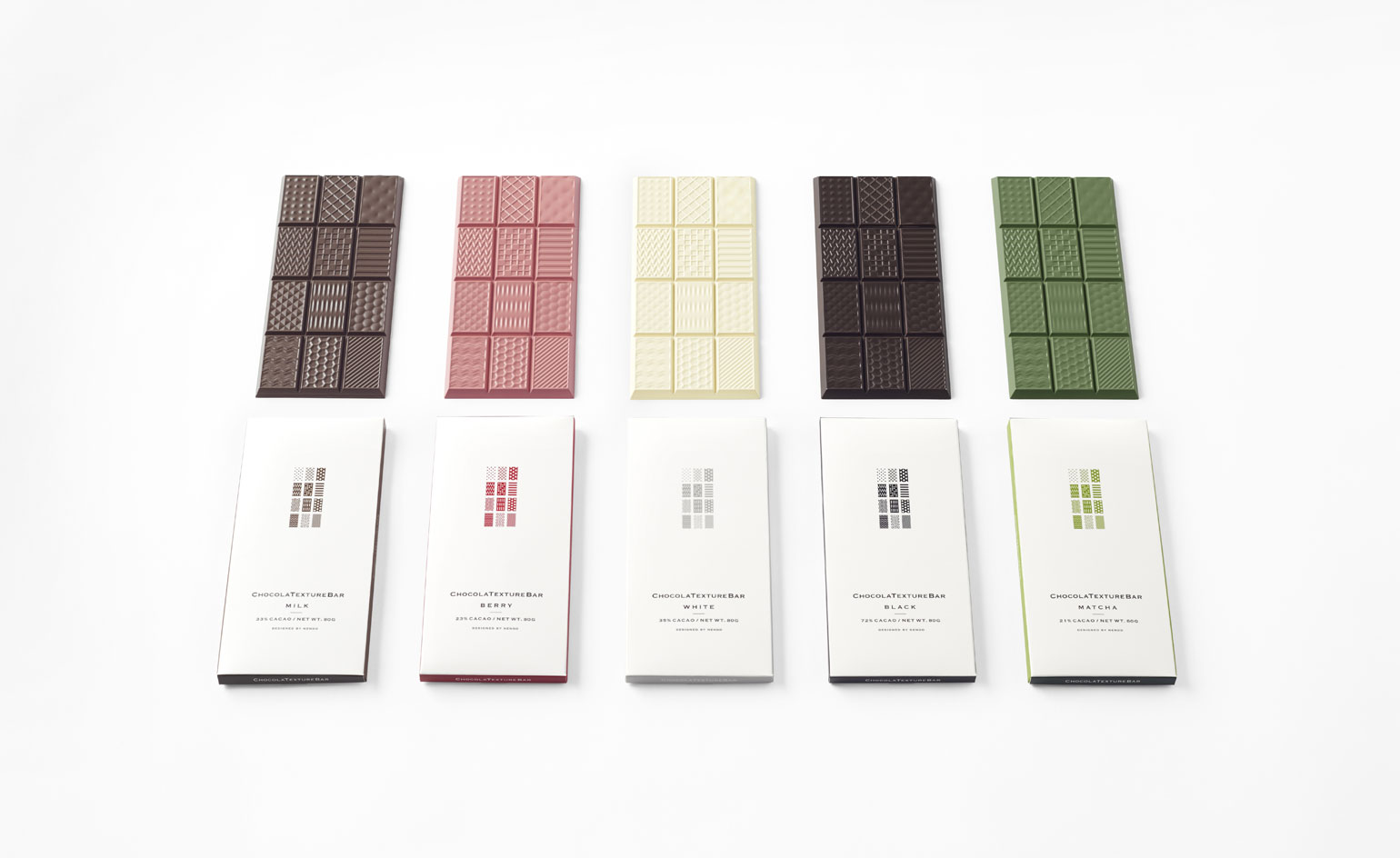Nendo’s new Kuwaiti café is a theatre of coffee
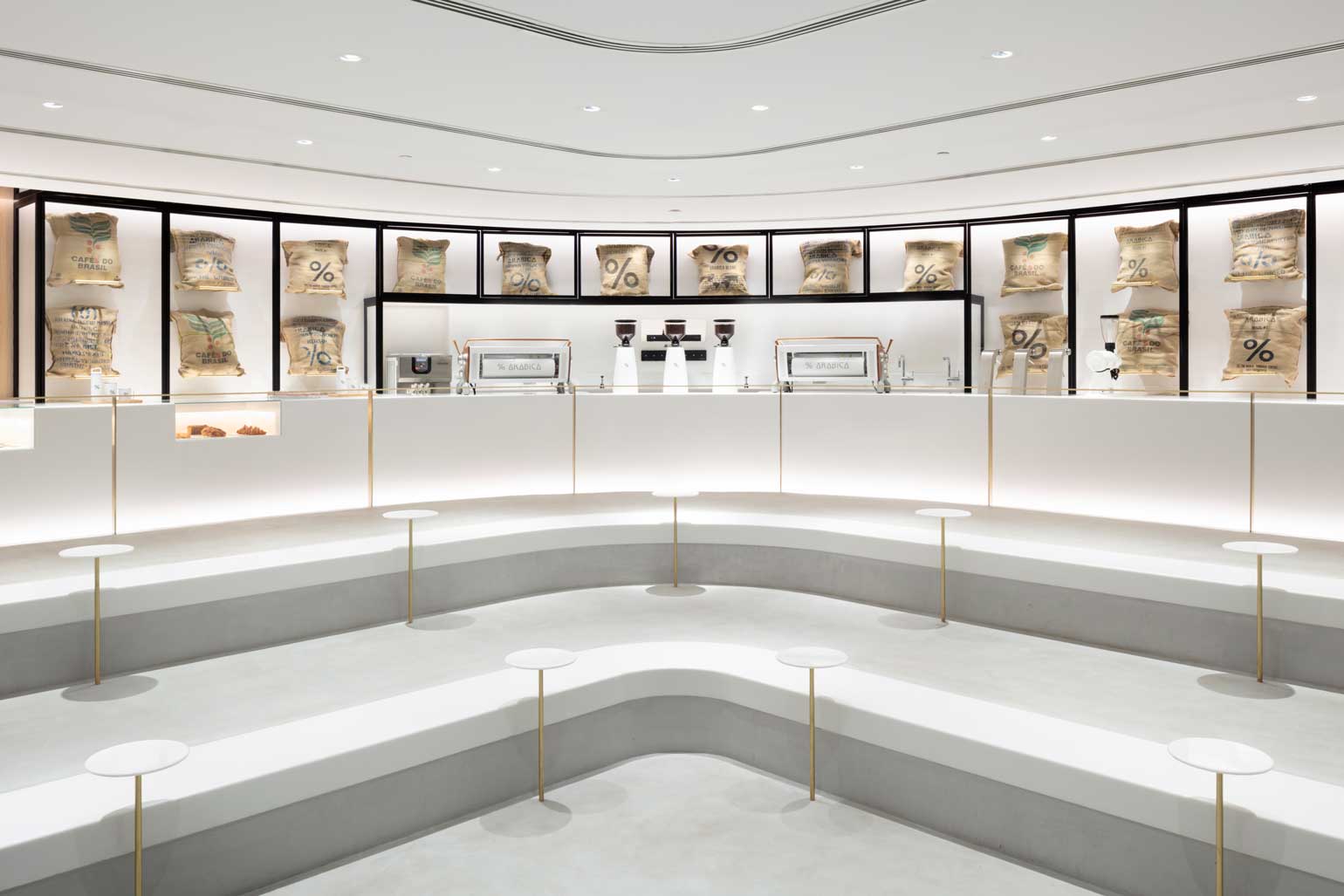
Monikered the ‘coffee capital of the Middle East', Kuwait has hit new caffeine heights. Kyoto-based Arabica Coffee has arrived on Kuwait's eastern coast, with its signature clarity and minimalism, as created by prolific Japanese design studio Nendo. Crisp white concrete and coffee machine blend into the background, while brass accents and the linen coffee bags subtly reinforce the quality brew from Higashiyama, Japan.
Due to the limited height of the site, seating has been divided into tiers, with an end result akin to an amphitheatre. This layout is reflected in the shape of the ceiling, echoing the unique form of the café; creating a great social spot. Sacks of coffee beans line the walls, adding a welcome textural element to the otherwise austere interior.
The open plan nature of the space and the lack of chairs creates a motion of interaction between customers and baristas. The unique seating pattern continuing into the external fabric of the building, with additional cascading seating working its way down to street level; creating a dynamic and engaging environment both within and outside the café.
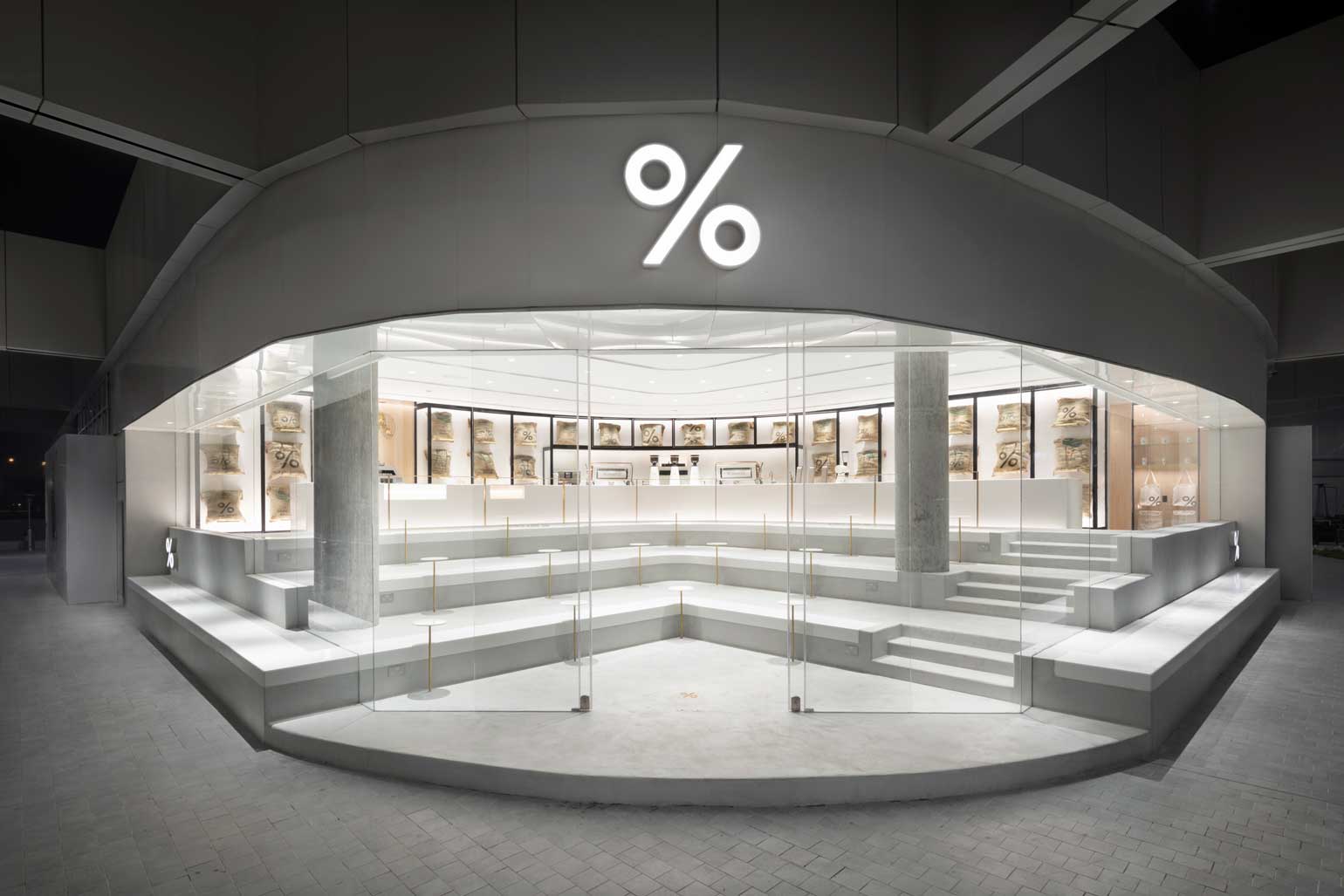
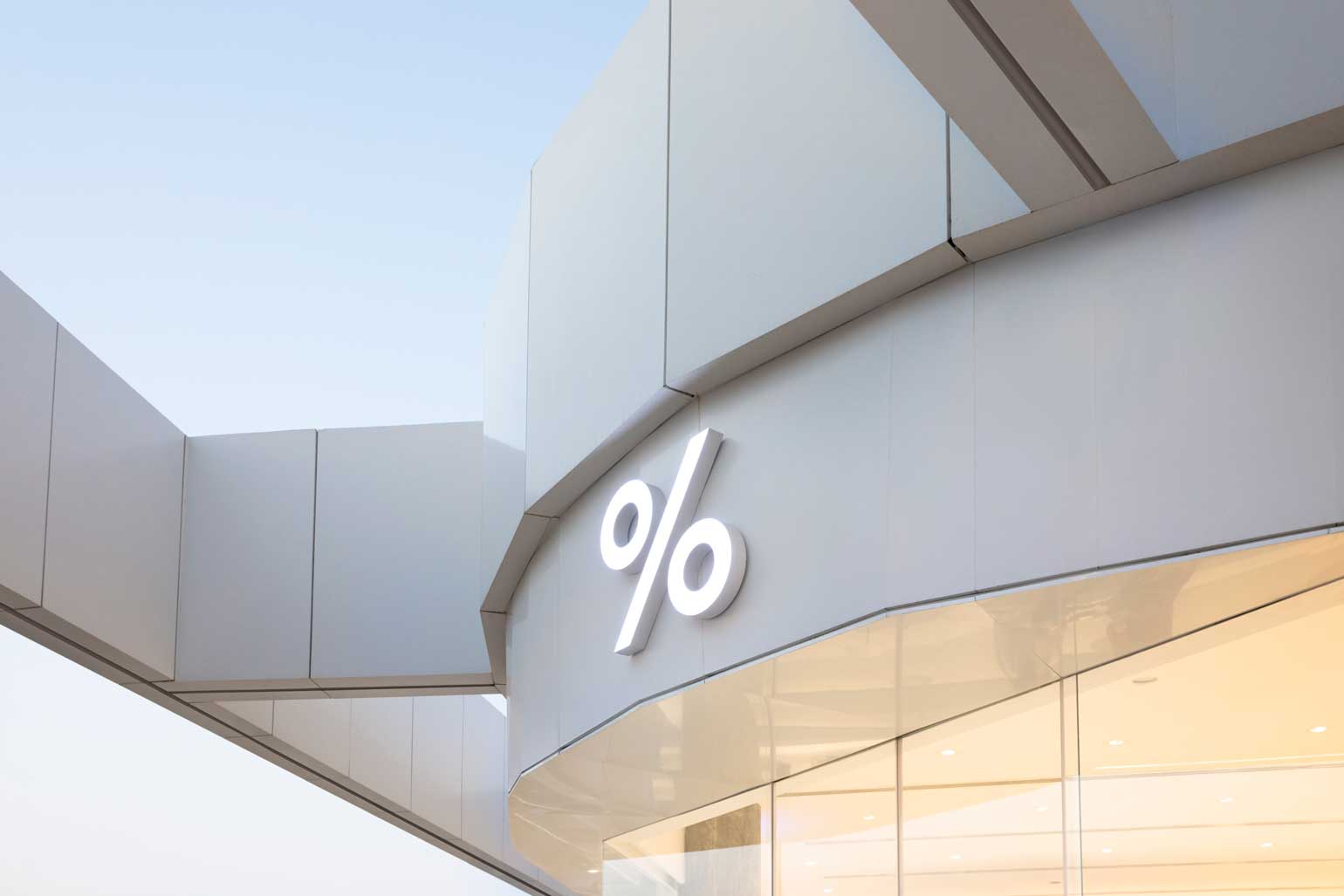
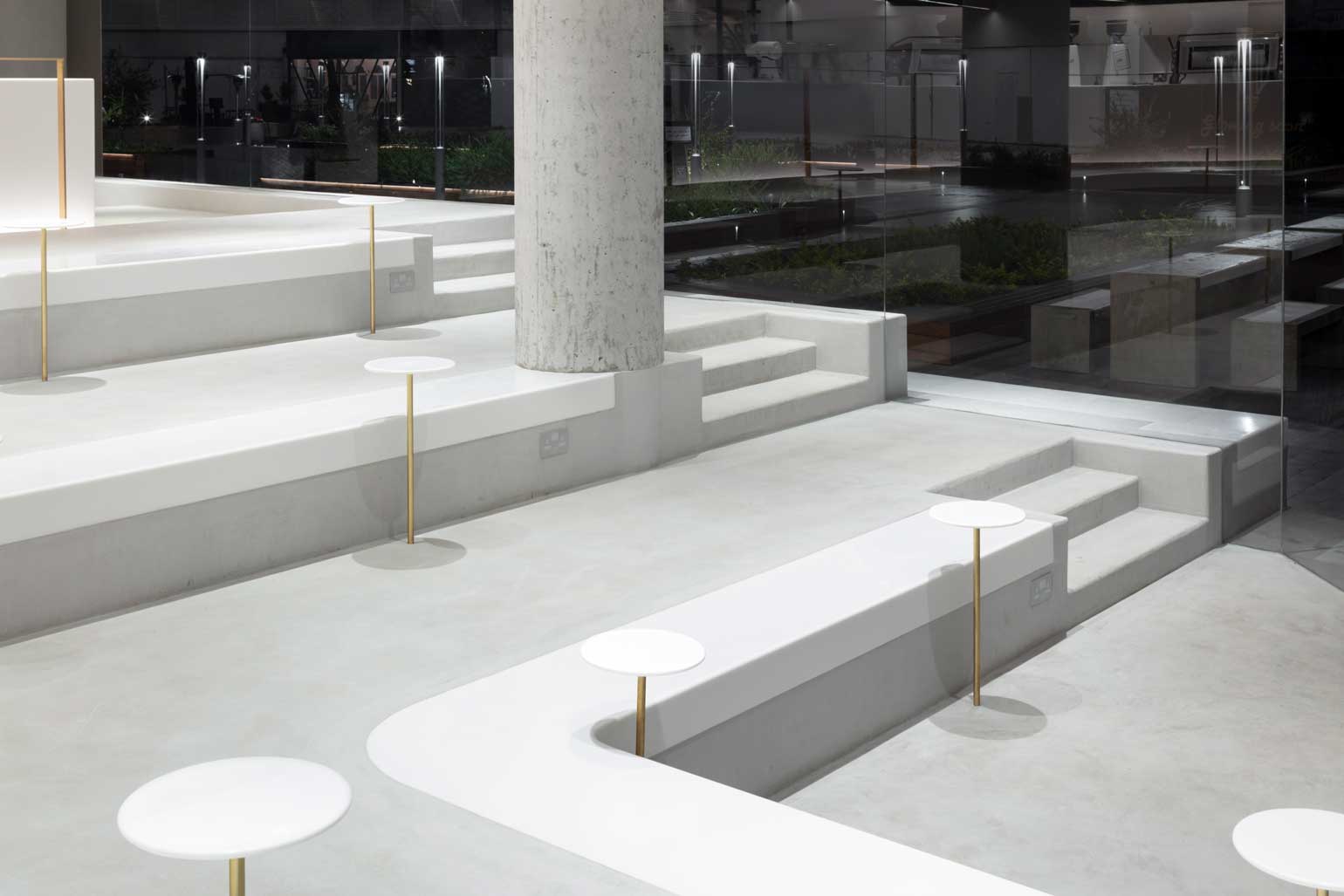
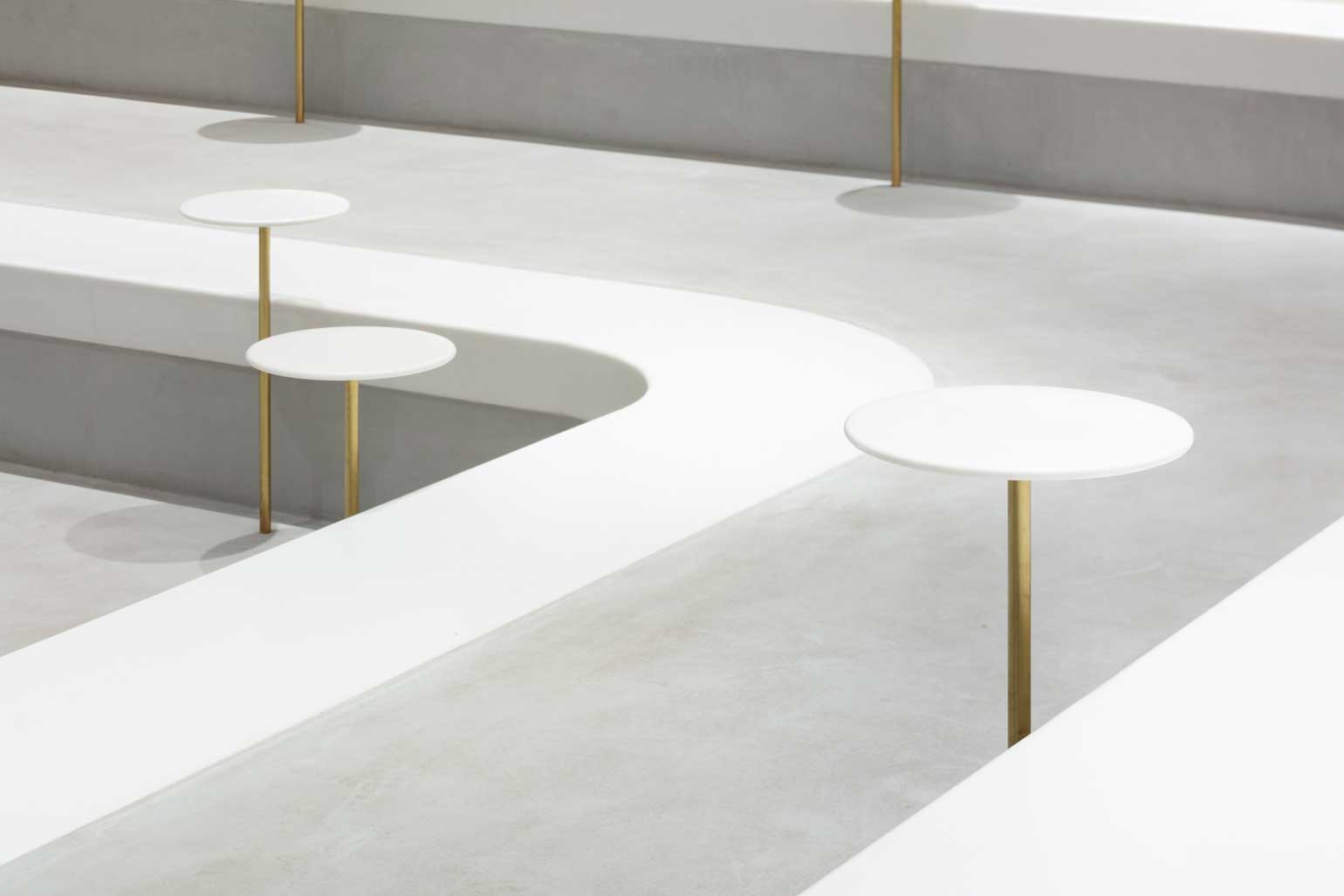
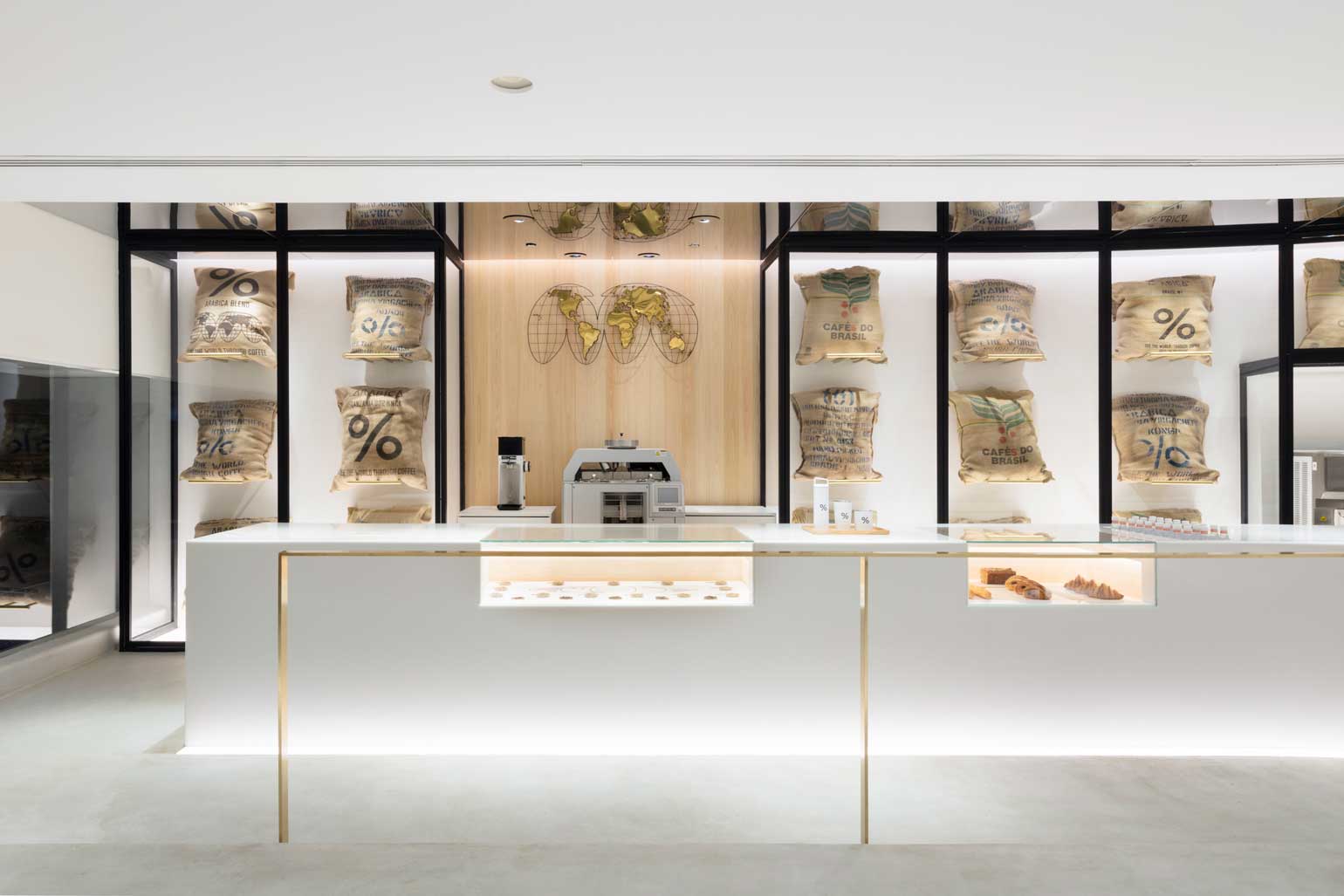
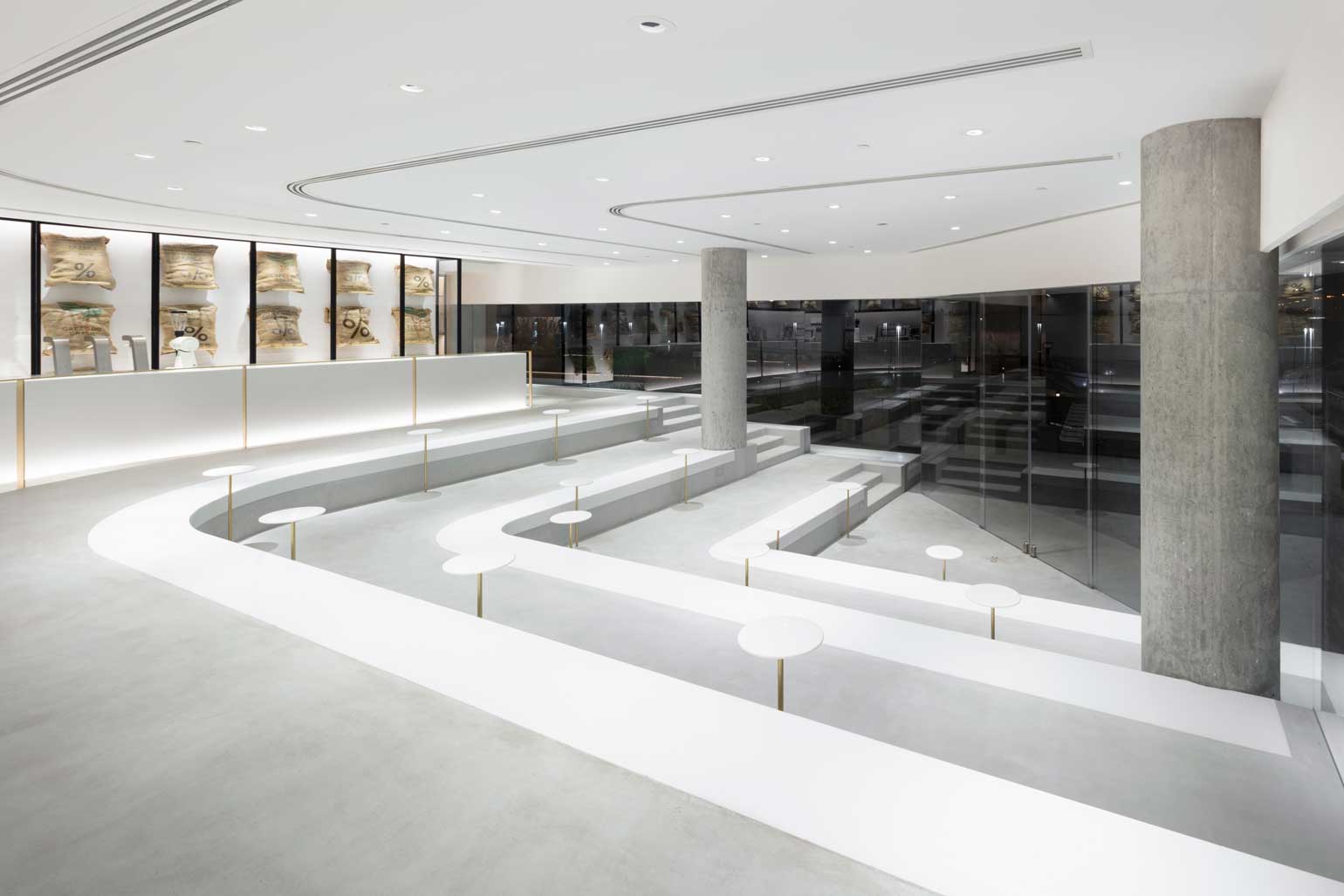
INFORMATION
For more information, visit the Nendo website, and the Arabica coffee website
Wallpaper* Newsletter
Receive our daily digest of inspiration, escapism and design stories from around the world direct to your inbox.
-
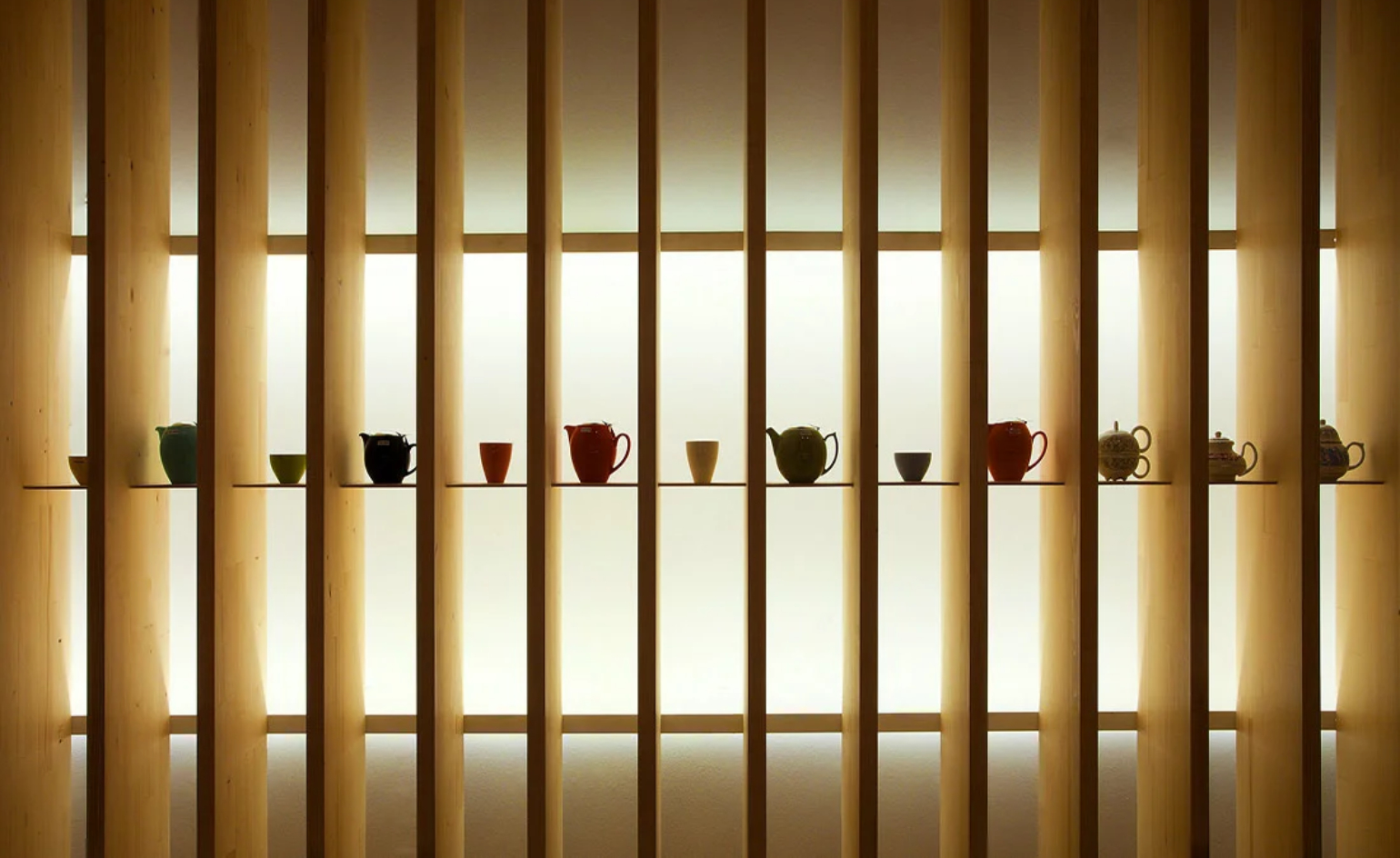 Tour the best contemporary tea houses around the world
Tour the best contemporary tea houses around the worldCelebrate the world’s most unique tea houses, from Melbourne to Stockholm, with a new book by Wallpaper’s Léa Teuscher
By Léa Teuscher
-
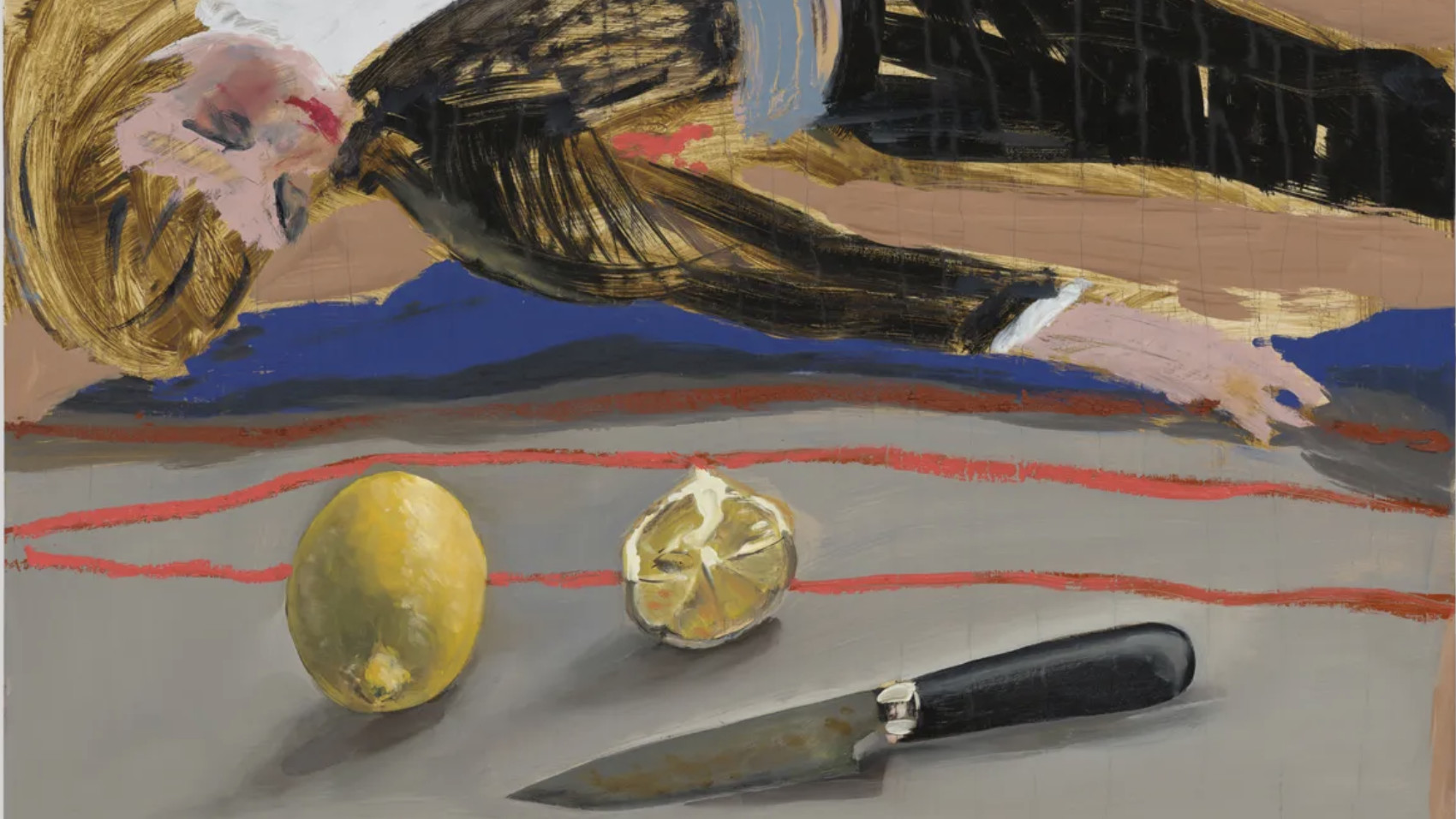 ‘Humour is foundational’: artist Ella Kruglyanskaya on painting as a ‘highly questionable’ pursuit
‘Humour is foundational’: artist Ella Kruglyanskaya on painting as a ‘highly questionable’ pursuitElla Kruglyanskaya’s exhibition, ‘Shadows’ at Thomas Dane Gallery, is the first in a series of three this year, with openings in Basel and New York to follow
By Hannah Silver
-
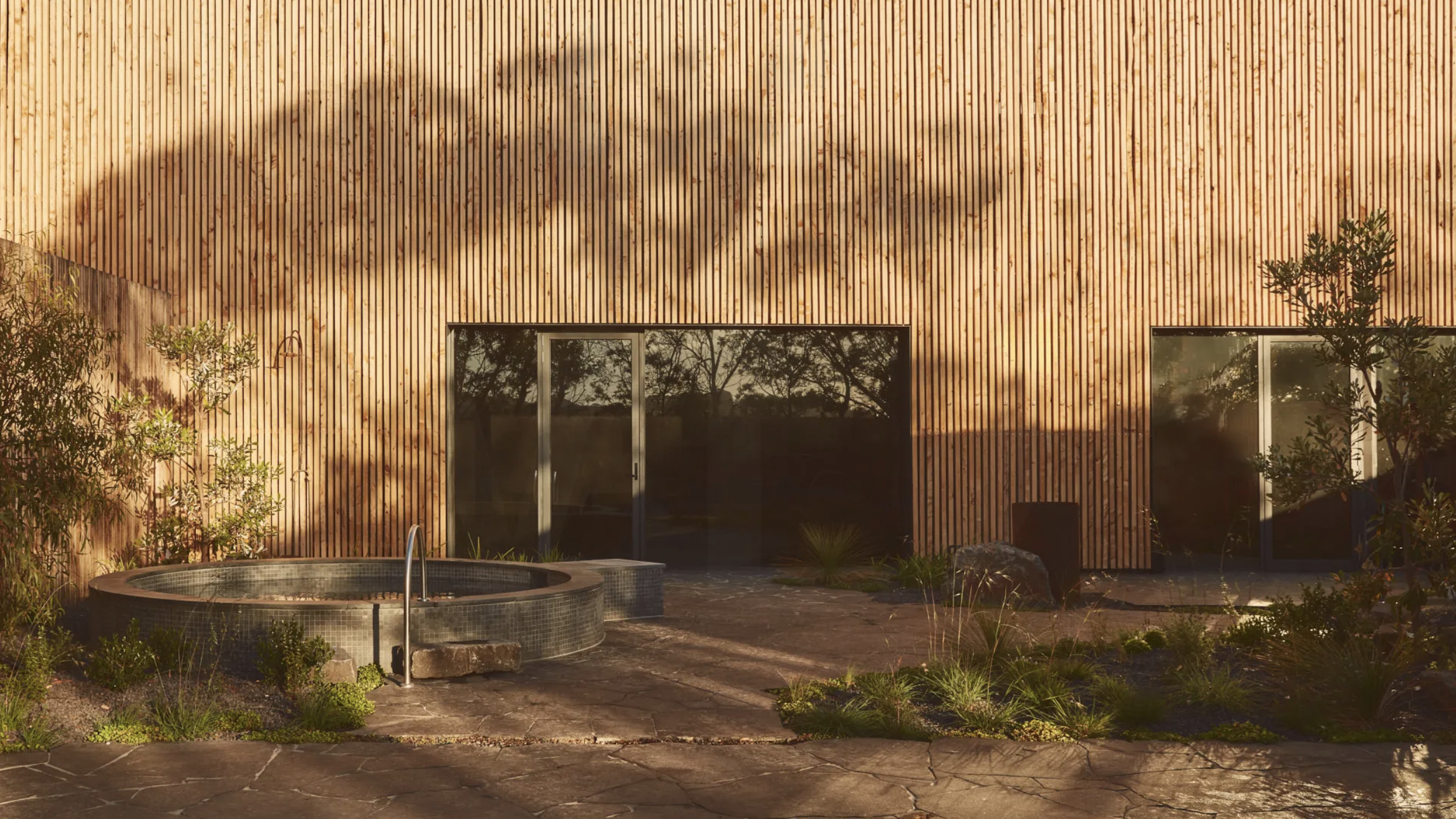 Australian bathhouse ‘About Time’ bridges softness and brutalism
Australian bathhouse ‘About Time’ bridges softness and brutalism‘About Time’, an Australian bathhouse designed by Goss Studio, balances brutalist architecture and the softness of natural patina in a Japanese-inspired wellness hub
By Ellie Stathaki
